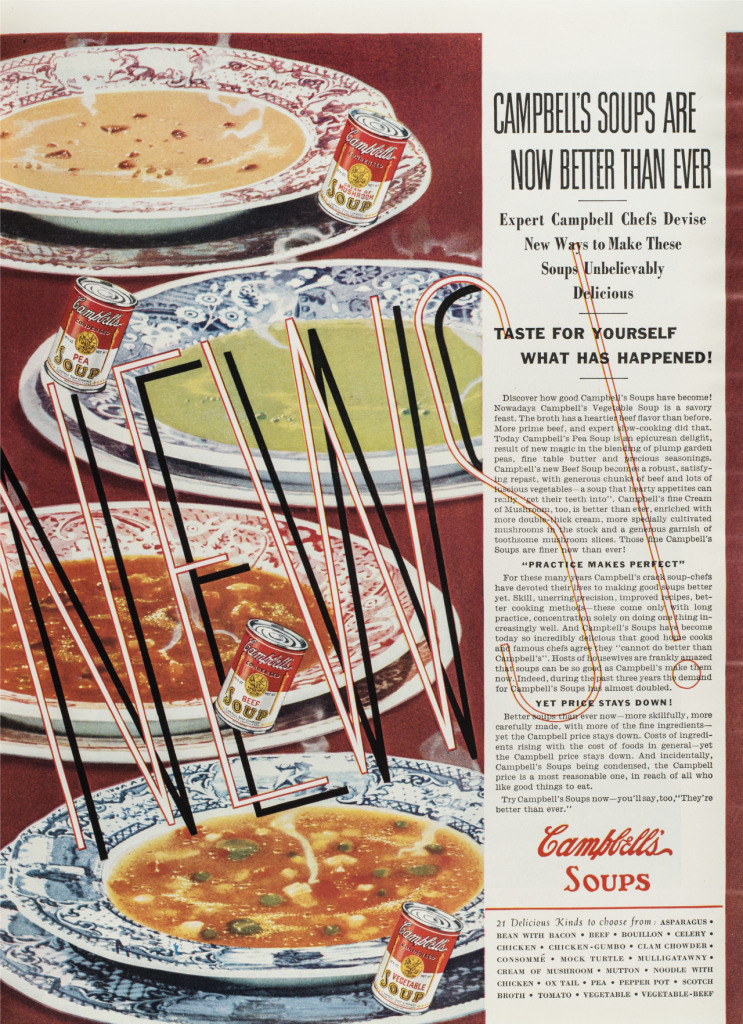Post-WWI Work, Women, and The Great Depression
Two years after WWI ended, women in America gained the right to vote. Many middle-class women joined the workforce to support World War One at the homefront while the men were away but soon found they were displaced. The Great Depression, alongside men returning to work, caused a resurgence of reluctance to allow women in the workplace, especially in fields that required hard labor. It was believed men needed the jobs more than women. Women were tasked with ensuring the home lasted through the Great Depression while the men were sent out to make enough money.
Women who wanted, or in many cases, needed to work turned to secret material and educational work which was needed at the time more than ever because of the effects war had on globalization. Despite the need for this type of work, these women still found themselves lacking the opportunity for upward mobility, job security, and equal pay. For instance, Marriage Bars existed predominately in the teaching industry preventing women who were married from continuing their work. Despite women's newfound liberation, women did not see major strides regarding their place in the workforce until World War Two.
Financially supported women were encouraged to save and preserve. Can goods, preserved, and premade food was often cheaper than preparing a meal from scratch. Advertisements would market their products as not only delicious but also time and money-saving.
For more information on the effects the great depression had on the job market, for both genders, watch this video.
